Welcome to 2024! As we usher in the New Year, it’s the perfect time to recalibrate our financial strategies, starting with the fundamental art of budgeting. This guide is designed to illuminate the importance of budgeting in achieving financial freedom and setting a stable economic foundation for the future.
Basic Budgeting Concepts
Dive into the essentials of budgeting: understanding your income, delineating your expenses, prioritizing savings, and smart investments. Learn the difference between wants and needs and how to allocate resources to maximize financial well-being.
- Understand Your Income:
– Identify all sources of income, including salary, business profits, investments, and other financial inflows.
– Determine your total monthly or annual income to establish a clear starting point for budgeting. - Delineate Your Expenses:
– Categorize your expenses into fixed (e.g., rent, utilities) and variable (e.g., groceries, entertainment).
– Track your spending for a few months to get a realistic view of where your money goes. - Prioritize Savings:
– Allocate a portion of your income for savings and investments, such as an emergency fund or retirement account
– Make saving a non-negotiable part of your budget to build financial security. - Differentiate Between Wants and Needs:
– Distinguish between essential needs (e.g., housing, food, transportation) and discretionary wants (e.g., dining out, vacations).
– Ensure that your budget addresses your needs before allocating funds to wants. - Smart Investments:
– Explore investment opportunities available in Nigeria, such as stocks, bonds, or real estate.
– Consider seeking advice from financial experts or using investment apps to make informed decisions.
Strategies for Effective Budgeting
Discover practical tips and tools that make budgeting straightforward and effective for you. From utilizing apps and financial planning software available in Nigeria to adopting habits that ensure sustained fiscal discipline, this section equips you with the knowledge to maintain a healthy budget.
- Utilize Budgeting Apps and Software:
– Research and choose budgeting apps and financial planning software readily available in Nigeria.
– Use these tools to automate tracking, categorizing expenses, and setting financial goals. - Adopt Sustainable Habits:
– Cultivate habits like setting a budgeting schedule (e.g., monthly or weekly), reviewing expenses regularly, and adjusting your budget as needed.
– Create a dedicated space for financial documentation and organization. - Set Clear Financial Goals:
– Establish short-term and long-term financial goals, such as paying off debt, saving for a home, or planning retirement.
– Your budget should align with these goals, helping you stay motivated. - Emergency Fund:
– Allocate a portion of your budget to an emergency fund to cover unexpected expenses.
– Aim for at least three to six months’ worth of living expenses in your fund. - Track and Analyze Spending Patterns:
– Monitor your spending patterns to identify areas where you can cut back or optimize.
– Use this information to make informed financial decisions.
Common Pitfalls and How to Avoid Them
Uncover the frequent mistakes that derail budgeting efforts, such as inconsistent tracking, underestimating expenses, or neglecting savings. Learn strategies to overcome these hurdles and maintain a robust and flexible budget.
- Inconsistent Tracking;
- Underestimating Expenses;
- Neglecting Savings;
- Lifestyle Inflation;
- Ignoring Financial Goals
Conclusion
Embrace the power of budgeting as a stepping stone to financial success. With the right tools and mindset, embark on a journey to financial security and prosperity. Make 2024 the year you transform your financial habits and set a positive course for the future.

